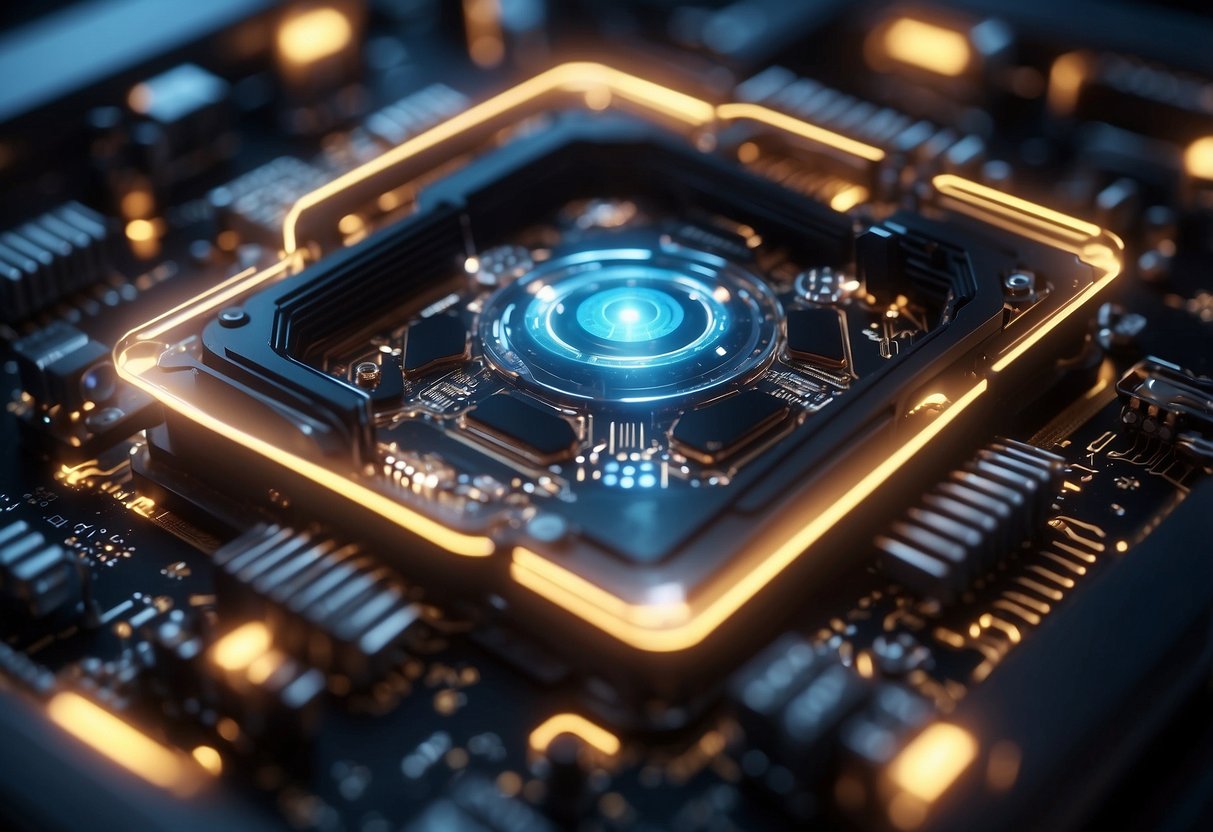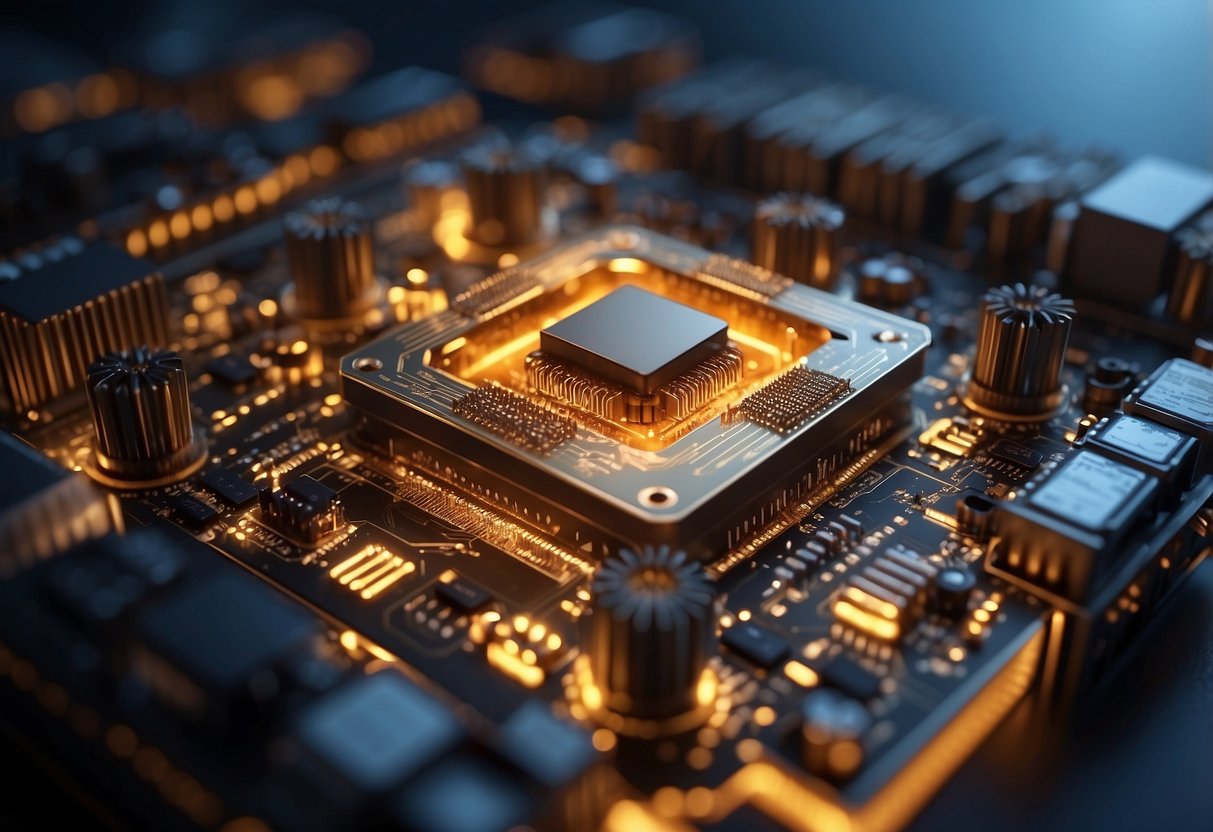
Trapped Atoms and Ions
Trapped atoms and ions represent another approach, utilizing the quantum properties of individual atoms or ions held in electromagnetic fields.
This technique involves trapping particles in a vacuum. Lasers cool the ions to their ground state, and additional lasers manipulate their quantum states for computation.
IonQ and Honeywell are prominent developers in this area. The primary appeal is the high-fidelity quantum operations and long coherence times. However, the technology requires sophisticated and precise laser systems, making scalability a challenge.
Photonic Quantum Computing
Photonic quantum computing uses photons, the basic units of light, to carry out quantum computations. This method leverages the inherent properties of photons, such as polarization, to encode qubit information.
These systems often employ linear optical components like beam splitters, phase shifters, and detectors. Xanadu and PsiQuantum are key players developing photonic quantum processors, aiming for scalability and room-temperature operations. The significant benefit is the potential for high-speed information transfer and integration with existing fiber-optic infrastructure, though the indirect measurement techniques can add complexity to the computation process.
Error Correction and Quantum Algorithms
Error correction is crucial for the reliability of quantum computing, and advancements in quantum algorithms are enabling more complex computations.
The Necessity of Error Correction
Quantum bits, or qubits, are highly susceptible to errors due to environmental interference and decoherence. To maintain the integrity of quantum computations, error correction techniques are essential. Without effective error correction, even small disturbances can lead to significant computational inaccuracies.
Error correction codes have been developed specifically for quantum systems, such as the surface code and the Shor code. These codes enable detection and correction of errors in qubit states. The surface code, in particular, is known for its robustness in practical implementations. It allows for a higher error threshold, making quantum computers more resilient against noise.
Implementing these error correction methods, while resource-intensive, is critical. They ensure the reliability and scalability of quantum processors for real-world applications. By integrating error correction, quantum computing systems can achieve the necessary level of fault tolerance for practical use.
Advancing Quantum Algorithms
Quantum algorithms are fundamental in harnessing the potential of quantum computing. They offer solutions to problems that are intractable for classical computers. Grover’s algorithm and Shor’s algorithm are notable examples that have demonstrated significant speedups in search and factoring problems.
Researchers are continuously developing new quantum algorithms to solve complex tasks such as optimization, simulation, and cryptography. Optimization problems, in particular, benefit greatly from quantum algorithms. Quantum Approximate Optimization Algorithm (QAOA) is one example, designed to solve combinatorial optimization problems efficiently.
For these algorithms to be effective, they must work in tandem with robust error correction techniques. This integration ensures the computational results are accurate and reliable. Continuous advancements in quantum algorithms are pivotal for the practical application of quantum computing in various fields, such as material science, pharmaceuticals, and financial modeling.
Quantum Computing Applications

Quantum computing has transformative potential across various sectors, including simulation of quantum systems, solving complex optimization problems in industry, and enhancing artificial intelligence capabilities.
Simulation of Quantum Systems
Quantum computing offers significant advantages in simulating quantum systems, which are notoriously complex for classical computers. It can accurately model molecular structures, chemical reactions, and materials science phenomena. This capability facilitates advancements in drug discovery, where understanding molecular interactions is crucial. Quantum simulations can also improve the efficiency of solar cells and other materials by revealing atomic-level behavior.
Researchers use quantum computers to predict the properties of new compounds before they are synthesized in the lab. This predictive power reduces both time and cost in research and development across pharmaceuticals and materials science. Therefore, quantum simulations are essential for innovations in these high-impact fields.